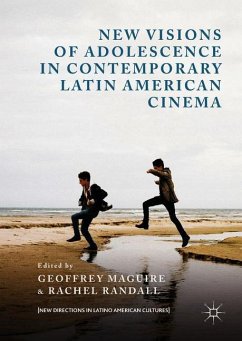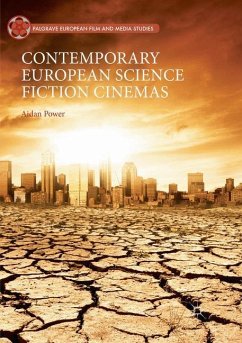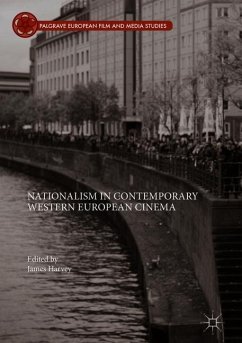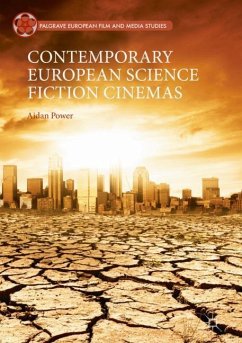
Imperfect Worlds and Dystopian Narratives in Contemporary Cinema
Versandkostenfrei!
Versandfertig in 6-10 Tagen
57,75 €
inkl. MwSt.

PAYBACK Punkte
0 °P sammeln!
Imperfect Worlds and Dystopian Narratives in Contemporary Cinema is a collection of studies on filmic dystopias: Goto, the Island of Love; Even Dwarfs Started Small; Stalker; Videodrome; Sexmission; Ga-ga: Glory to the Heroes; Kingsajz; Equilibrium; V for Vendetta; Children of Men; The Aerial. Employing a variety of theoretical perspectives (from cultural semiotics to post-structuralist approach), the authors analyse films from different cultural, linguistic and political contexts, demonstrating the interplay between the formulaic dystopian facade and narratological inventiveness, heightened i...
Imperfect Worlds and Dystopian Narratives in Contemporary Cinema is a collection of studies on filmic dystopias: Goto, the Island of Love; Even Dwarfs Started Small; Stalker; Videodrome; Sexmission; Ga-ga: Glory to the Heroes; Kingsajz; Equilibrium; V for Vendetta; Children of Men; The Aerial. Employing a variety of theoretical perspectives (from cultural semiotics to post-structuralist approach), the authors analyse films from different cultural, linguistic and political contexts, demonstrating the interplay between the formulaic dystopian facade and narratological inventiveness, heightened intertextuality, and generic hybridity. The contributors also explore the ways in which dystopian cinema adapts the motifs and techniques borrowed from classic literary dystopias.












